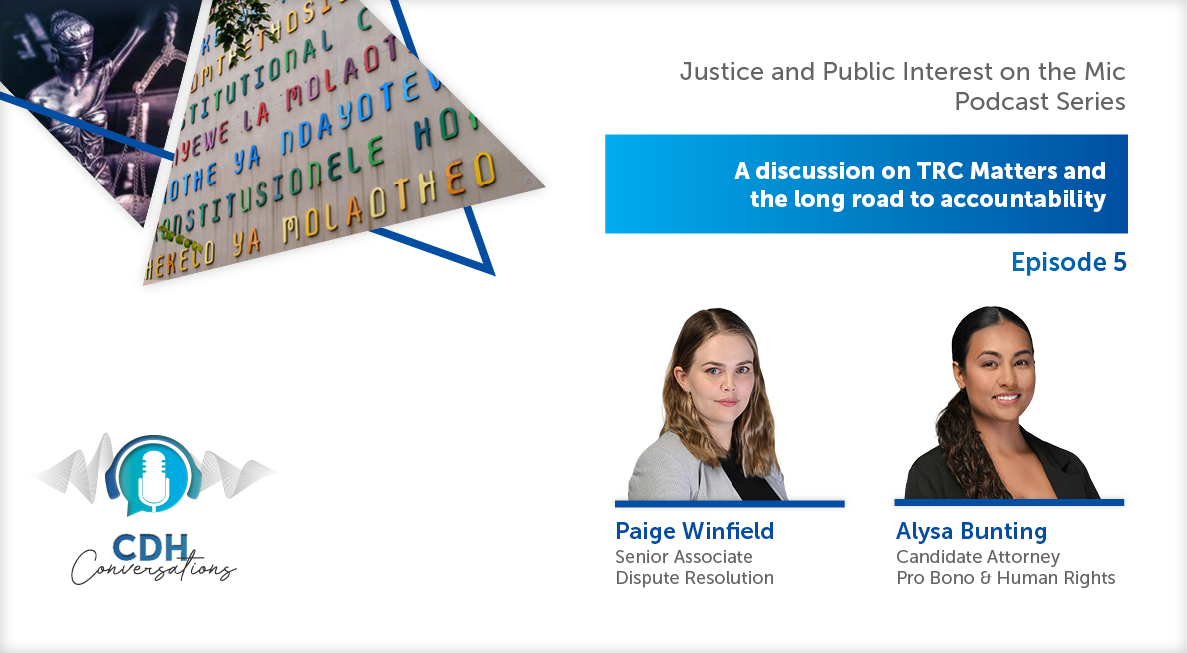Small boilers: Potential first appliance declared a controlled emitter under air quality legislation
Small boilers are widely utilised in manufacturing and industrial facilities, as it provides an alternative, inexpensive source of electricity. Apart from a certificate of registration required under the Occupational Health and Safety Act 85 of 1993, boilers are not specifically regulated by the environmental laws. However, this may soon change if small boilers are declared a controlled emitter under the National Environmental Management: Air Quality Act 39 of 2004 (AQA).
AQA provides any appliance or activity may be declared a controlled emitter, if they result in atmospheric emissions that may pose a health or environmental threat. The "Draft Declaration on Small Boilers as Controlled Emitters" was recently published for comment under AQA (the Draft Declaration). It defines "boilers" widely as a combustion appliance, designed to heat water. The Draft Declaration applies to all boilers with design capacities of between 10 to 50 megawatts net heat input, capable of burning biomass, solid, liquid and/or gaseous fuels or a combination of these.
Once declared a controlled emitter, small boilers may only be manufactured, sold or used according to specified emission standards. Owners of small boilers would be required to comply with various specified emission limits, dependent on the type of fuel utilised. The stringency of the limits will also be dependent on the fuel utilised. Gaseous fuel-fired small boilers using natural gas and liquefied petroleum gas will be subject to the most stringent limits, whereas solid fuel-fired and solid biomass fuel-fired boilers will have the least stringent limits. These emission limits will not only be applicable to all new small boilers installed after publication of a final declaration but also to all existing small boilers. However, the Draft Declaration proposes that operators of existing boilers will have five years to comply with the emissions standards.
The Draft Declaration also proposes several reporting obligations on operators of small boilers. At least one emission report may need to be submitted per annum, with the first to be submitted within 12 months from the date that the Draft Declaration will take effect. Emissions are proposed to be measured by stack emission measurement, in accordance with various standards listed in the Draft Declaration, including ISO and British standards, and methods utilised by the United States of America's Environmental Protection Agency.
The Draft Declaration further proposes the obligation to maintain measurement results for at least 5 years; and the results may be inspected by an authorised person upon their request.
Companies wishing to acquire businesses are advised to conduct the necessary investigations to determine whether small boilers are operated by such a business. If this is the case, the purchasing company should consider additional CAPEX that may be required to comply with these requirements, including possibly modifying existing boilers to ensure they do not exceed the proposed emission limits. If the additional CAPEX required is substantial, this should be properly considered when negotiating the purchase price.
It is anticipated further activities and appliances will also be declared controlled emitters in the near future.
The information and material published on this website is provided for general purposes only and does not constitute legal advice. We make every effort to ensure that the content is updated regularly and to offer the most current and accurate information. Please consult one of our lawyers on any specific legal problem or matter. We accept no responsibility for any loss or damage, whether direct or consequential, which may arise from reliance on the information contained in these pages. Please refer to our full terms and conditions. Copyright © 2026 Cliffe Dekker Hofmeyr. All rights reserved. For permission to reproduce an article or publication, please contact us cliffedekkerhofmeyr@cdhlegal.com.
Subscribe
We support our clients’ strategic and operational needs by offering innovative, integrated and high quality thought leadership. To stay up to date on the latest legal developments that may potentially impact your business, subscribe to our alerts, seminar and webinar invitations.
Subscribe




